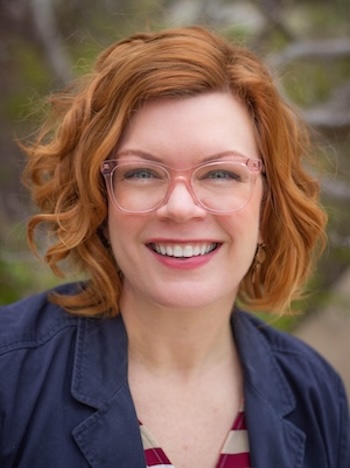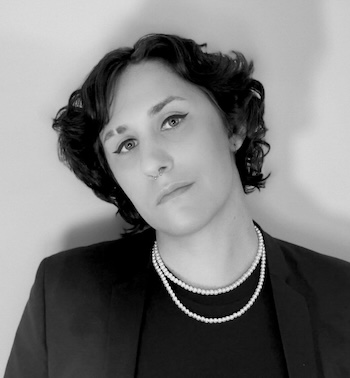ABLE Conversation Symposium
The Berklee Institute for Accessible Arts Education (BIAAE) is delighted to announce the 2025 ABLE Conversation Symposium, which will take place online only on Saturday, November 22, from 11:00 a.m. to 2:30 p.m. ET.
This event is free and open to the public.
- ASL interpretation will be available at the event.
- Attendees will be able to use the live transcription function of Zoom.
- At the request of the presenters, the event will not be recorded.
Master of Ceremonies/Host: Jordan Campbell
Jordan Campbell is a dynamic emerging leader in the American arts and cultural sector. With a career that spans the fields of education, arts and culture, policy, and executive leadership, Campbell has a consistent track record of trailblazing strategic innovation. In just two years as the executive director of the Gateway Regional Arts Center, his bold vision has ignited a staggering 522 percent increase in the annual budget and tripled participant engagement, which has not only revitalized access to the arts in rural Appalachian Eastern Kentucky, but has also set new standards for cultural innovation in rural communities nationwide.
Campbell holds an EdM from Harvard Graduate School of Education, a BFA in musical theater, and a BA in political science from Western Kentucky University, and studied West African theater and dance at the University of Ghana. At Harvard, Campbell not only conducted pivotal research in arts education but also launched the inaugural Harvard Veritas Play Festival and the Harvard Graduate School Theatre Collective.
Much of Campbell’s work is informed by many years as a professional stage actor. As a Helen Hayes Award-nominated performer, Campbell has dazzled audiences around the world in Broadway tours, at Carnegie Hall, the Kennedy Center, and the Grand Ole Opry. As a passionate educator, Campbell has taught theater to individuals of all ages, from young students in India and China to adults in Saudi Arabia and Washington, DC. His teaching philosophy is deeply rooted in the belief that the arts are a powerful tool for personal and societal transformation. This conviction is reflected in his extensive work in arts education, where he has contributed to numerous publications and conferences on topics such as youth voice in creative placemaking and social justice through creative methods.
Campbell’s dynamic career trajectory is a testament to his multidisciplinary approach in the creative sector, including influential roles at the White House during the Obama administration, Americans for the Arts, and the President’s Committee on the Arts and Humanities. As the director of research and learning at Creative Generation, he managed over 50 groundbreaking projects at the intersection of arts, youth, and civic engagement, working with global stakeholders from numerous professional sectors to increase field-building and support arts learning initiatives. Campbell is also the founder and cochair of the Small Town America Institute for Rural Arts & Culture.
Campbell aims to further contribute to the field through rigorous research, innovative leadership, and transformative impact as a current PhD candidate in arts administration at the University of Kentucky.
Featured Keynote Speaker: Anne Palmer

Dr. Anne Palmer is an educator, performer, and Senior Project Manager at the International Arts + Mind Lab Center for Applied Neuroaesthetics at Johns Hopkins University. With over 25 years in higher education, she brings deep experience in the arts, accessibility, and creative facilitation. A classically trained vocalist and bilateral cochlear implant recipient, Palmer retrained her brain to perceive music—an experience that reshaped how she listens, leads, and connects. Her work centers on the transformative potential of the arts, particularly in supporting human flourishing through inclusive, intentional design. At IAM Lab, she leads the Intentional Spaces initiative, which explores how environments can be designed to foster wellbeing, creativity, and connection. Palmer regularly facilitates summits and workshops across the country and is known for creating genuine, welcoming spaces that spark growth and reflection. As a speaker and performer, she inspires audiences with her warmth, authenticity, and commitment to accessibility in the arts.
Featured Keynote Speaker: torrin a. greathouse

About the ABLE Conversation Symposium
The ABLE Conversation symposium is an exceptional professional development opportunity in the field of arts education and individuals with disabilities, bringing together educators, artists, researchers, policymakers, school administrators, program administrators, and students to share best practices, explore new research, and learn from each other. The symposium includes presentations, performances, and opportunities for facilitated discussion. We aim to move the conversation in the field forward, and we want you to join us.
Clips of the introductory remarks and the discussion panel from the 2021 ABLE Conversation symposium can be viewed below.
